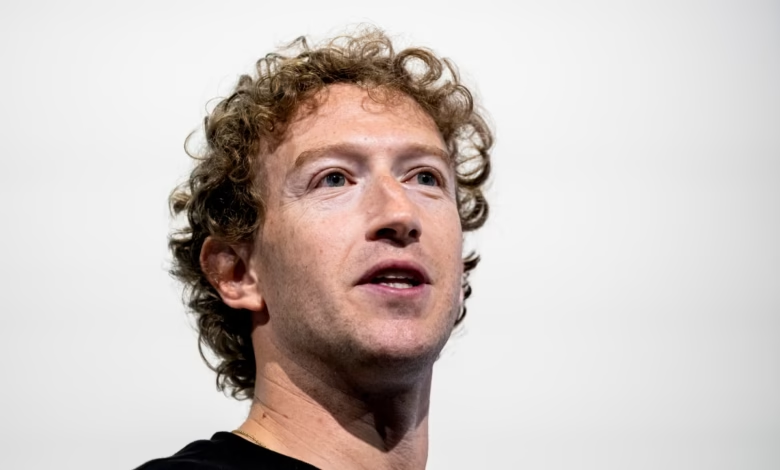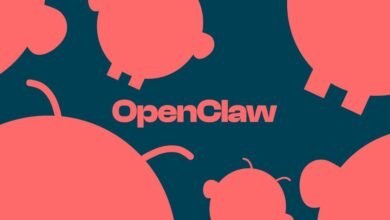Meta recruits OpenAI expert to boost AI reasoning models

▼ Summary
– Meta hired OpenAI researcher Trapit Bansal to join its AI superintelligence unit, aiming to enhance its AI reasoning models.
– Bansal was a key contributor to OpenAI’s first AI reasoning model (o1) and worked on reinforcement learning with co-founder Ilya Sutskever.
– Meta’s AI superintelligence team includes top talent like former Scale AI CEO Alexandr Wang and is pursuing former GitHub CEO Nat Friedman and Daniel Gross.
– Mark Zuckerberg has aggressively recruited AI researchers, offering $100M compensation packages, and recently hired several ex-OpenAI and Google DeepMind experts.
– Meta aims to develop competitive AI reasoning models to power AI agents, but faces pressure as OpenAI plans to release an open AI reasoning model soon.
Meta has strengthened its artificial intelligence research team by recruiting Trapit Bansal, a prominent former OpenAI researcher specializing in AI reasoning models. The move signals the company’s intensified focus on developing advanced AI capabilities as competition in the field heats up. Bansal, who contributed to OpenAI’s foundational reasoning model o1, will join Meta’s newly formed AI superintelligence unit alongside other high-profile hires.
Bansal’s departure from OpenAI was confirmed by the company, with his LinkedIn profile indicating he left in June. During his tenure, he played a pivotal role in advancing reinforcement learning alongside OpenAI co-founder Ilya Sutskever. His expertise could prove invaluable as Meta races to build cutting-edge AI reasoning models capable of matching industry leaders like OpenAI’s o3 and DeepSeek’s R1.
Meta’s aggressive recruitment strategy has seen it assemble an impressive roster of AI talent. The team now includes former Scale AI CEO Alexandr Wang, and the company is reportedly in talks with ex-GitHub CEO Nat Friedman and Safe Superintelligence co-founder Daniel Gross. Recent additions also include former OpenAI researchers Lucas Beyer, Alexander Kolesnikov, and Xiaohua Zhai, as well as ex-Google DeepMind scientist Jack Rae.
Mark Zuckerberg has been actively pursuing top AI researchers, offering lucrative compensation packages rumored to reach $100 million in some cases. While the exact terms of Bansal’s deal remain undisclosed, his hiring underscores Meta’s determination to compete at the highest levels of AI development.
The company has also explored acquiring AI startups to accelerate progress, including Ilya Sutskever’s Safe Superintelligence and Mira Murati’s Thinking Machines Labs. However, none of these discussions have yet materialized into finalized deals. OpenAI CEO Sam Altman recently acknowledged Meta’s recruitment efforts but downplayed their impact, claiming his top talent has remained loyal.
AI reasoning models represent a critical battleground in the ongoing AI arms race. These systems, which enable AI to process complex problems before generating responses, have become essential for improving performance in both benchmarks and real-world applications. Meta’s push into this space aligns with its broader ambitions to integrate advanced AI across its products, including AI-powered business agents led by former Salesforce AI chief Clara Shih.
With OpenAI preparing to release an open-source reasoning model soon, Meta faces mounting pressure to deliver competitive alternatives. Bansal’s expertise could help bridge the gap, but the company still has significant ground to cover. As the AI landscape evolves, Meta’s ability to attract and retain top talent may prove decisive in shaping its future success.
(Source: TechCrunch)


